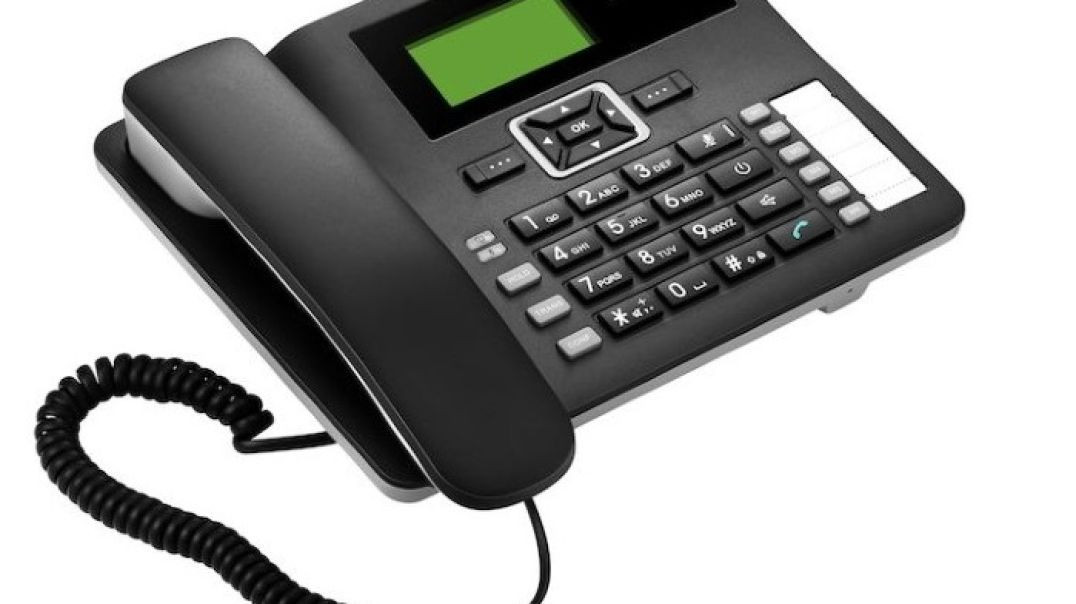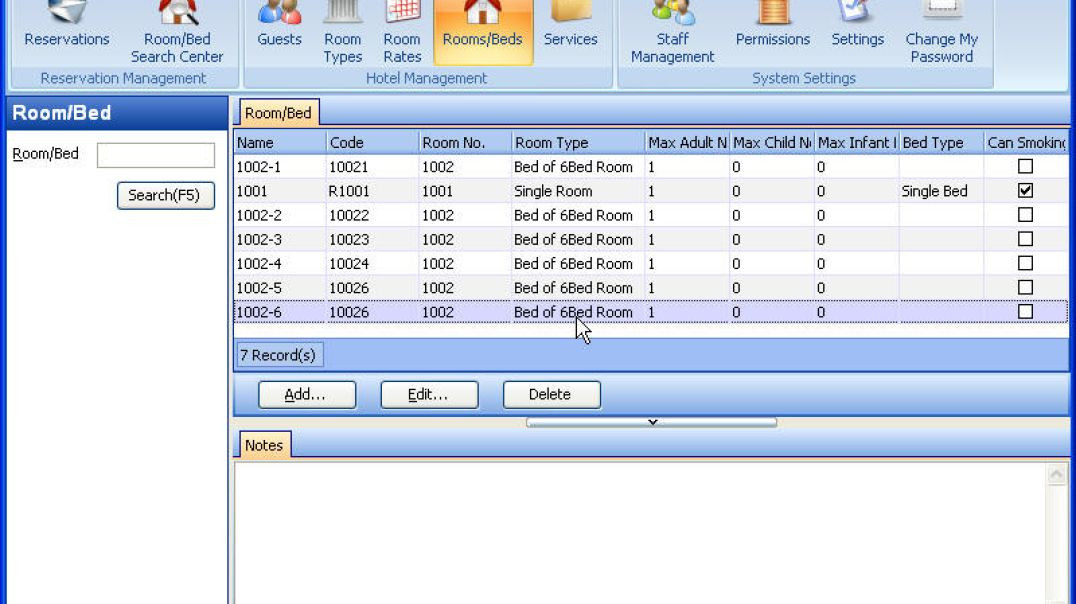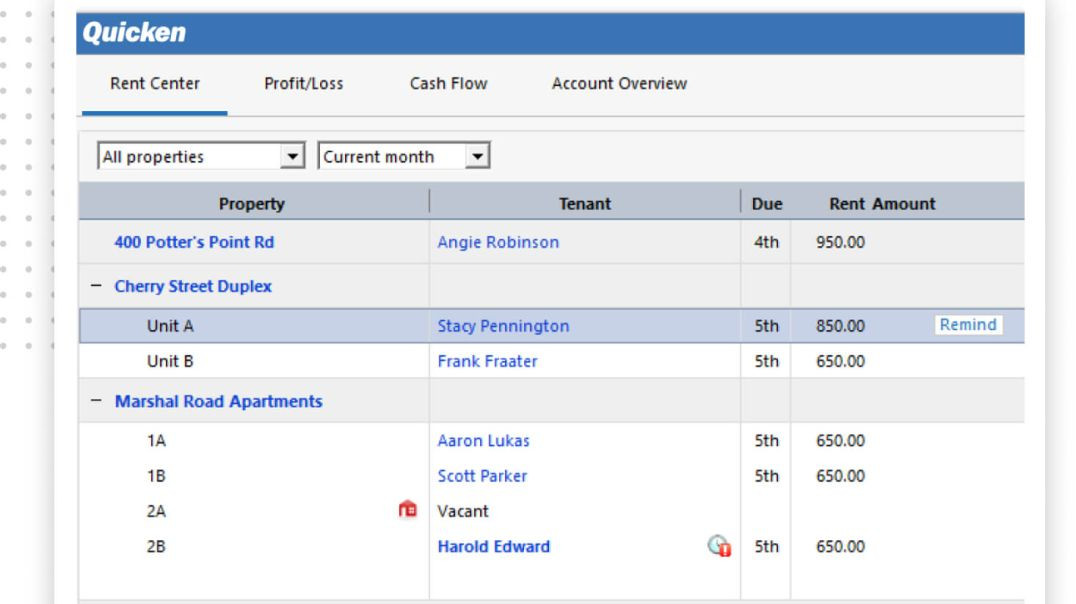Online shopping has become a part of everyday life. From clothes and electronics to groceries and services, almost everything can be purchased with just a few clicks. But along with its convenience, online shopping also comes with risks, especially scams that target unsuspecting buyers. To help you shop with confidence, here are practical tips on how to buy safely and avoid scams online.
1. Shop Only from Trusted Websites
Always use reputable online stores or well-known marketplaces. Check the website’s domain name carefully — scammers often use names that look similar to popular brands. For example, amaz0n.com instead of amazon.com.
Tip: Look for websites that start with https:// (the “s” stands for secure).
2. Research the Seller
If you’re buying from a smaller website or an individual seller, take time to research them. Check reviews, ratings, and customer feedback. A lack of information or multiple complaints is a red flag.
Tip: Avoid deals that sound “too good to be true.”
3. Use Secure Payment Methods
Always pay using secure channels like debit/credit cards, PayPal, or verified payment gateways. Avoid direct bank transfers or payments via gift cards, as these are harder to trace and recover if a scam happens.
Tip: Enable two-factor authentication (2FA) for your bank or payment apps.
4. Protect Your Personal Information
Scammers often use fake checkout pages to steal sensitive data. Never share your PIN, full card number, or passwords on unsecured websites.
Tip: Use strong, unique passwords for different shopping accounts.
5. Watch Out for Phishing Emails and Links
Be cautious of emails or social media messages claiming you’ve won a prize, offering unbelievable discounts, or asking you to “verify” your account. These often lead to scam websites.
Tip: Always go directly to the website instead of clicking on suspicious links.
6. Verify Product Authenticity
If you’re buying branded items, ensure the seller is an authorized distributor. Fake products are not only a waste of money but can also be dangerous (e.g., counterfeit electronics or medicines).
7. Keep Records of Your Transactions
Save receipts, order confirmations, and email correspondence. If anything goes wrong, these records can help you resolve disputes or report fraud.
8. Trust Your Instincts
If something feels off — whether it’s the website design, the seller’s communication, or the price — it’s better to step back. Scammers rely on urgency and excitement to trick people into rushing.
Final Thoughts
Buying online doesn’t have to be risky if you stay alert. Always prioritize security, research, and caution before making a purchase. By following these simple tips, you can enjoy the convenience of online shopping while protecting yourself from scams.
To shop safely and confidently in Nigeria, try the Nigeria Marketplace app — available on Google Play Store.








